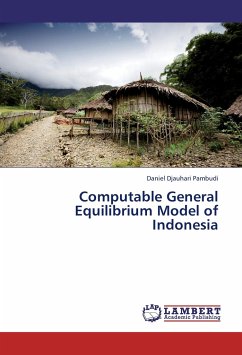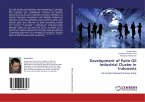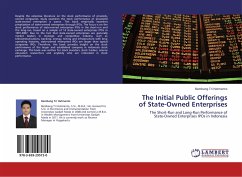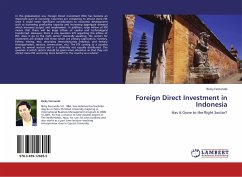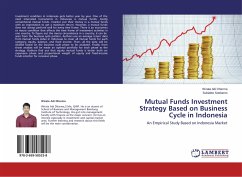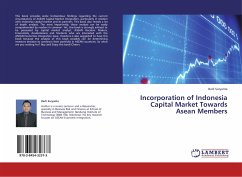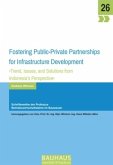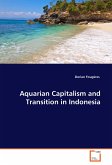Indonesia is divided into 32 provinces which in turn are divided into around 600 regencies (cities or rural districts). Powers have been delegated to both the provincial and regency levels with citizens able to elect representatives at both levels. With the altered politically structure, political parties increasingly will need to consider local policy issues. Presumably, local government accountability will rise with more direct links between local people and local government. Local governments also have broader scope to pursue industrial policies. With 32 provinces consisting of 268 cities and 341 rural districts, problems with national unity may arise. Regional income disparity triggers separatism. The regions have acquired new powers delegated from the central government. Hence, the scope for regional initiatives to boost local economies is of current interest. We organize this thesis in two parts: the construction of the multi regional CGE model of Indonesia, EMERALD, and the analysing of regional strategies to attract investment using EMERALD.

